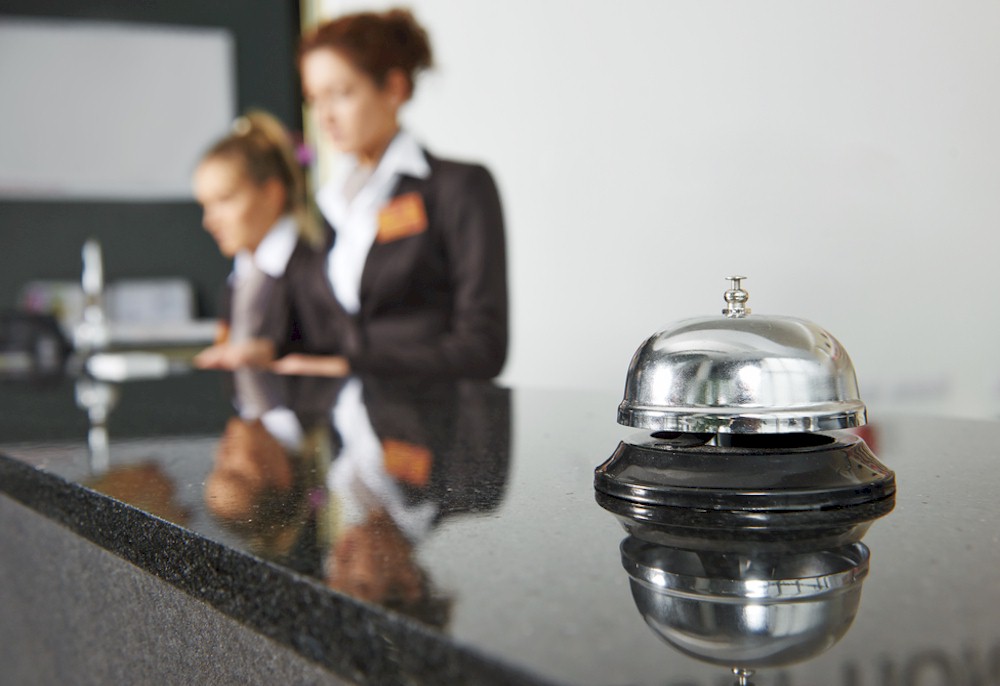First impressions happen in a nanosecond. They are not singular moments. They tend to build on each other and, once they are formed, they are hard to shift. From the moment a potential guest explores your website, sees a single comment on TripAdvisor, Yelp, Instagram or other social media post, your fingerprints are establishing impressions that tell your story. Today, first impressions are ongoing impressions. They build your brand DNA for better and for worse. Here are a few tips to help make better and lasting first impressions on your guests. READ MORE
Employee turnover continues to plague the hospitality industry. In many cases, star employees acquire skills in hotels before transferring to other industries, costing operators valuable time spent training workers. It remains a struggle despite the hotel industry routinely paying above the average national minimum wage, and allowing for near limitless potential for growth. In the majority of cases, workers choose to leave their positions because they feel undervalued, or they encounter resistance from management. There are many ways to reward standout team members and elevate workers who struggle, beyond monetary incentives. Are you doing enough to recognize your property's team members? READ MORE
One of the biggest stories in hospitality in recent years is the ongoing-and worsening-labor shortage. Hotel owners and operators have been forced to navigate an increasingly costly and competitive labor landscape, and HR managers in particular have been forced to look for creative new solutions to address personnel challenges. And at a time when the labor market is growing tighter, owner expectations are rising. Consequently, hotel management professionals responsible for hiring are also raising the bar. The costs and consequences of a bad hire have become so significant, that the HR team quite literally can't afford to get it wrong. READ MORE
What do artificial intelligence and delicious craft beer have in common? On the surface, not much, but look a little deeper and you'll discover these are part of two trends that will impact hotels in 2020. Emerging technologies and food and beverage programs are transforming the guest experience, and hoteliers should take note. In the new year, we'll also see increased sustainability efforts (goodbye, plastic), more niche loyalty programs and brand-affiliated hotels, and properties catering to the bleisure traveler. This article covers five trends that will shape the hotel industry in 2020. READ MORE
Does your Employer Brand communicate why talented employees would want to work for you in a way that is interesting, persuasive, believable, and memorable? Does it really differentiate you from your competitors in the talent war? If you are NOT using stories in your employer branding, the answer to both questions is and emphatic "No." Claims like "we're a great place to work," "you get to make a difference when you work here," and "come join the A Team" are meaningless and unconvincing. Anybody can claim that, including your competitors. What can differentiate you from them? Stories. Stories make your Employer Brand come to life and demonstrate the truth of your claims. Learn how to use stories to make your Employer Brand more interesting, believable, and memorable, and to separate yourself from the Employer Sea of Sameness. READ MORE


 LIBRARY ARCHIVES
LIBRARY ARCHIVES 

















